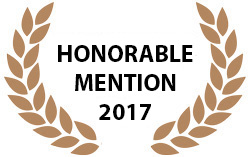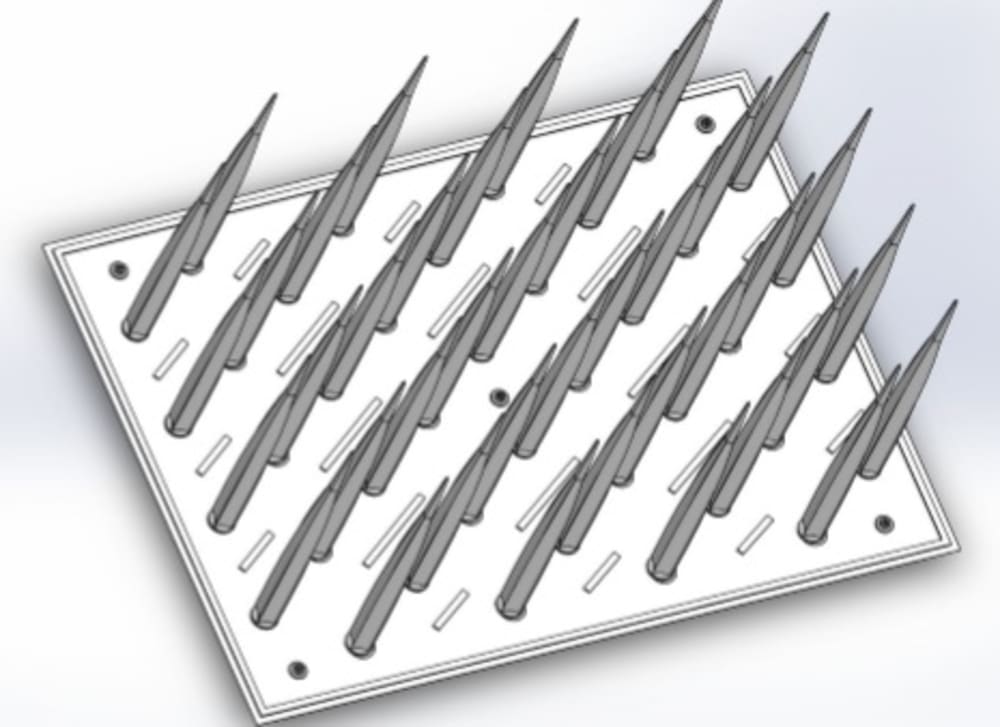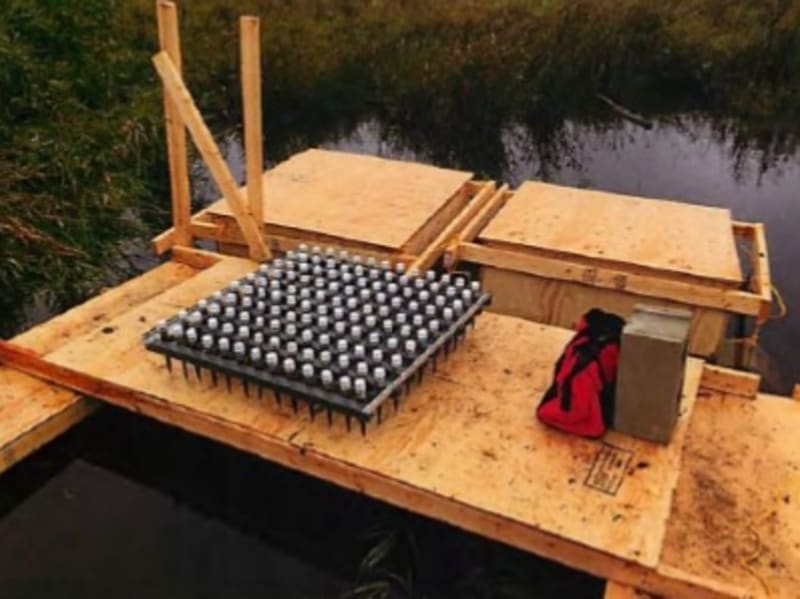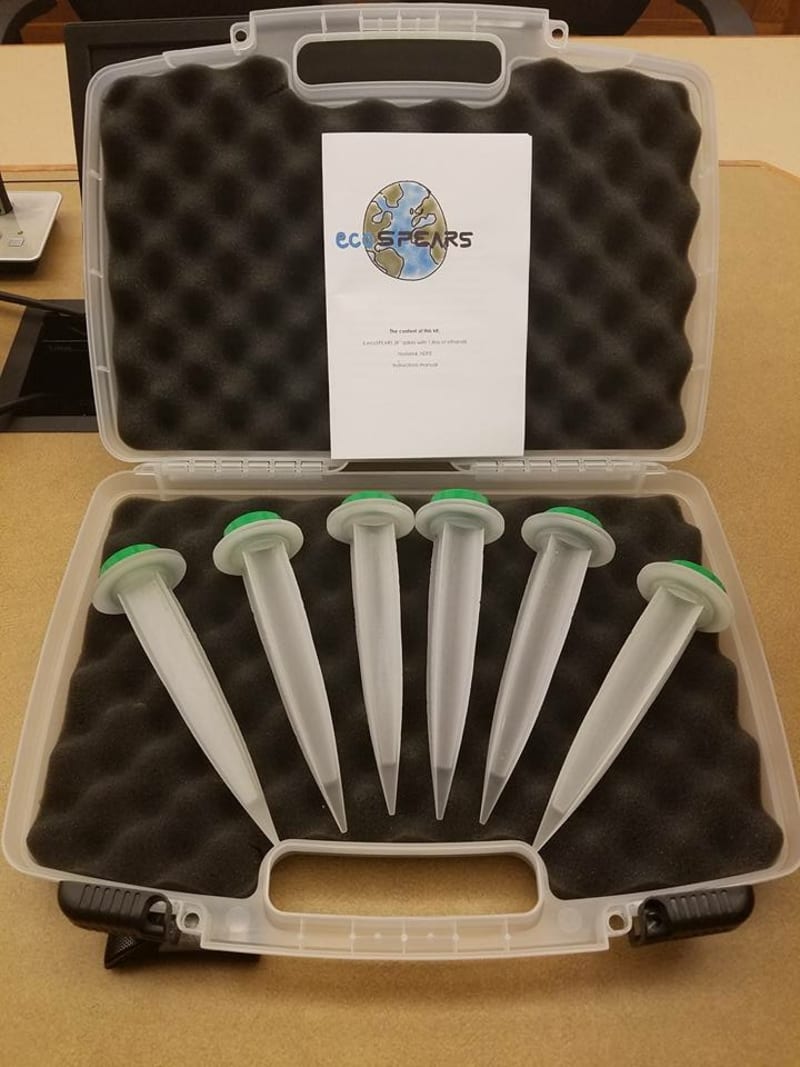

ecoSPEARS is a technology conceptualized by NASA to bring a sustainable, long-term solution to PCB remediation in worldwide water supplies. Polychlorinated Biphenyls are the number one microscopic pollutants in the world’s water and yet very little is known to the general public about the detrimental health defects they cause or how widespread these pollutants are. Currently, the only methods of PCB remediation are dredging and capping, both of which are incredibly expensive, highly invasive, and do not actually remove PCBs from our water. ecoSPEARS provides a non-invasive, true solution to this issue by removing PCBs from the source of contaminated sediment at a much more efficient rate and cost-effective structure.
The reason ecoSPEARS is able to replace dredging and capping at such a higher cost-effective rate is due to the ease of use of its technology. The SPEARS are 3D printed using polymer plastic. The hollow interior of the SPEARS is then lined with resin to reinforce its structural integrity and filled with ethanol. This allows for the polymer molecules to widen when placed within marine sediment, drawing the naturally hydrophobic PCB molecules into the polymer and ensnaring them within the ethanol.
SPEARS are placed in hotspots of contaminated sediment by 40-hour certified HAZWOPER teams who are specially trained to handle hazardous waste equipment. These same teams will then remove the SPEARS for testing every 2-3 months and return them to our scientists in order to measure the ppm (parts per million) concentration of PCBs that have been absorbed, and the ppm that remain in the sediment. When the desired level of ppm concentration has been reached, these HAZWOPER teams then remove SPEARS from the sediment and transport them to one of any designated locations in the United States for incineration to ensure no leaks in contamination.
Because PCB contamination is so widespread both in the United States and internationally, ecoSPEARS has the potential to be applied to PCB hotspots worldwide as a permanent replacement solution to capping and dredging; however, for the first 3-5 years after the inception of ecoSPEARS we will focus primarily on PCB hotspots within the United States and Canada in order to learn more about the remediation industry with our strategic partners, and develop methods for international implementation in the coming future.
Currently, ecoSPEARS is being tested in a market research study in Canada. A previous research study conducted with ecoSPEARS in 2015 showed a 75% extraction rate of PCB contamination in a pond contaminated with roughly 5ppm PCB concentration. Due to the nature’s physical desire to achieve equilibrium, sediments with higher concentrations of PCBs will see a higher rate of absorption in less time than those with lower levels of concentration. Currently, ecoSPEARS are designed to be implemented in a 3’x2’ mat designed to hold roughly 64 SPEARS and is being produced in Winter Springs, FL with final products expected to be ready for mass implementation August 1st, 2017.
Video
-
Awards
-
 2017 Sustainable Technologies Honorable Mention
2017 Sustainable Technologies Honorable Mention -
 2017 Top 100 Entries
2017 Top 100 Entries
Like this entry?
-
About the Entrant
- Name:Samuel Johnson
- Type of entry:teamTeam members:Samuel Johnson Sergie Albino Ian Doromal
- Software used for this entry:SolidWorks simulation
- Patent status:patented








